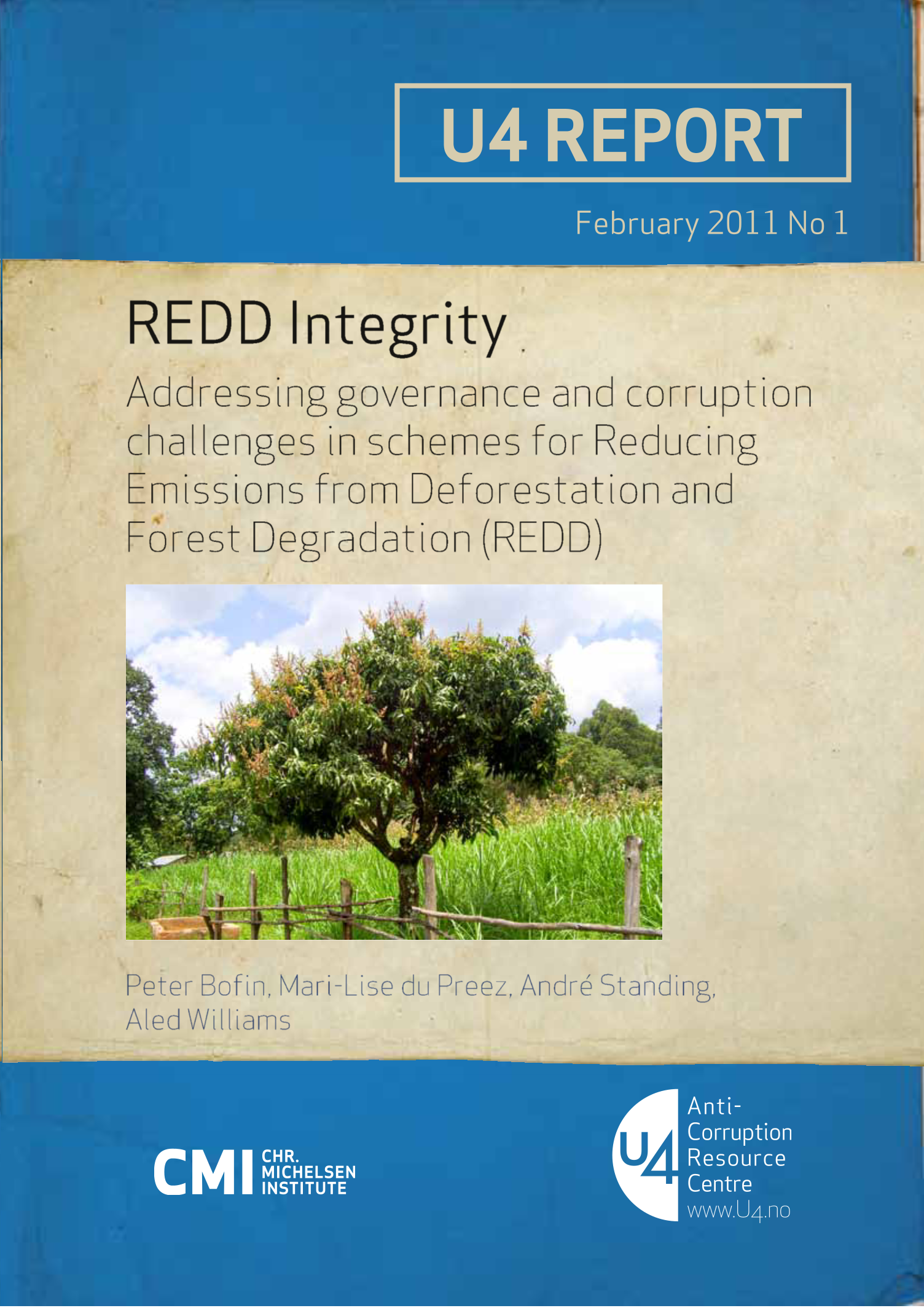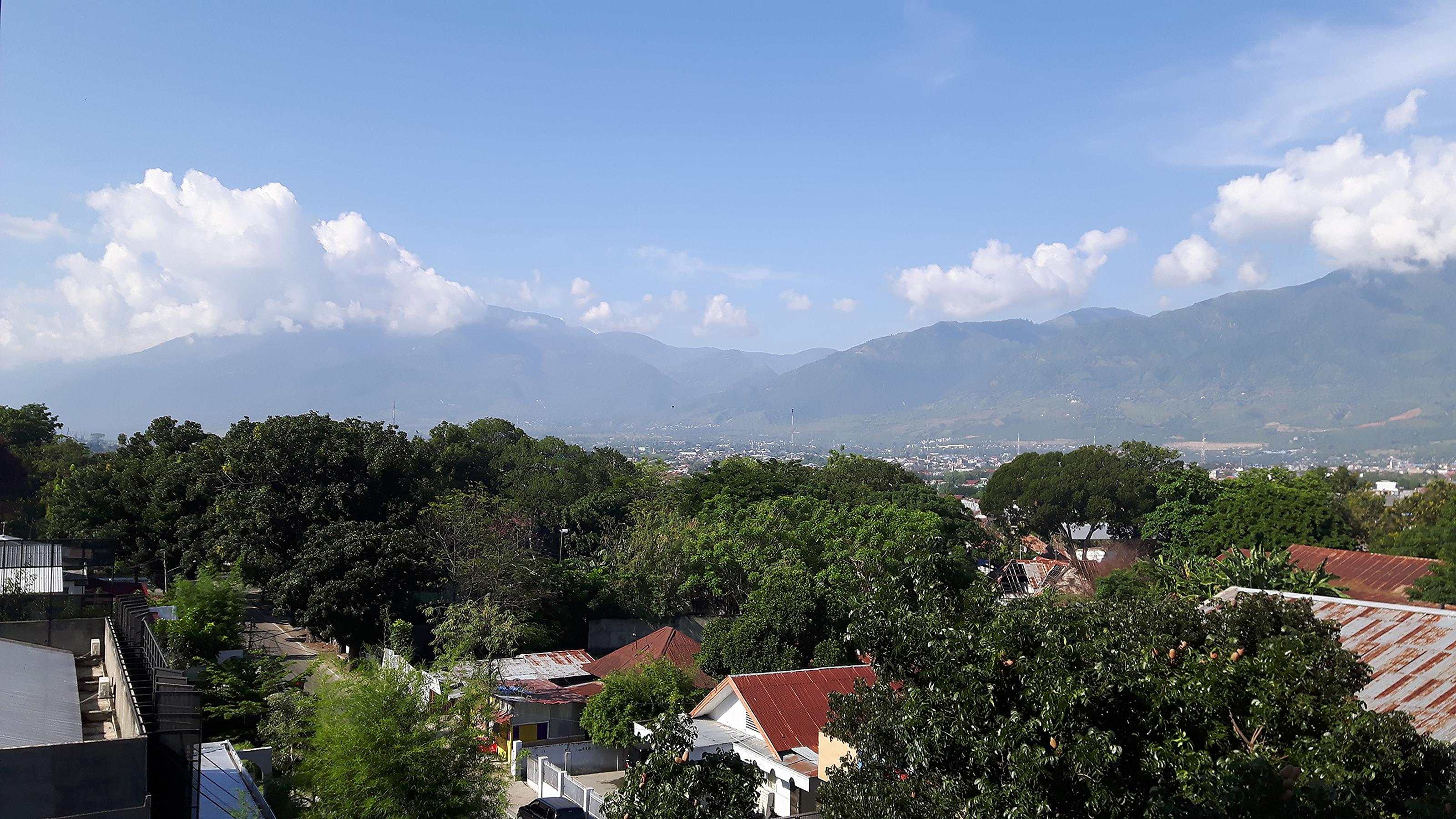U4 Report
REDD Integrity: Addressing governance and corruption challenges in schemes for Reducing Emissions from Deforestation and Forest Degradation (REDD)
Donor-backed programmes for Reducing Emissions from Deforestation and Forest Degradation (REDD) intend to financially reward individuals, communities and countries that cut carbon emissions from forests as part of a global climate regime. But countries with the highest volumes of deforestation – and therefore a focus of REDD support - are also those with some of the poorest scores on established indicators of governance. Addressing challenges related to governance and corruption is an acknowledged goal among major donors supporting REDD, and actions are being taken intended to improve and monitor forest governance performance in REDD host countries. Yet despite recognition of the importance of practically addressing and analysing forest-linked governance and corruption challenges for REDD, detailed explorations of these issues have to date been scarce and potential policy approaches are still in their infancy. This U4 Report aims to add nuance to discussions on how donors might approach challenges of governance and corruption with special reference to REDD schemes. It offers a state-of-the-art review of literature on REDD, forest governance, and corruption, and draws evidence from fieldwork in three countries either embarking or about to embark on their path towards REDD implementation: the Democratic Republic of Congo (DRC), Kenya, and Tanzania.

Cite this publication
du Preez, M.; Bofin, P.; Standing, A.; Williams, A.; (2011) REDD Integrity: Addressing governance and corruption challenges in schemes for Reducing Emissions from Deforestation and Forest Degradation (REDD). Bergen: U4 Anti-Corruption Resource Centre, Chr. Michelsen Institute (U4 Report 2011:1)
Disclaimer
All views in this text are the author(s)’, and may differ from the U4 partner agencies’ policies.
This work is licenced under a Creative Commons Attribution-NonCommercial-NoDerivatives 4.0 International licence (CC BY-NC-ND 4.0)


